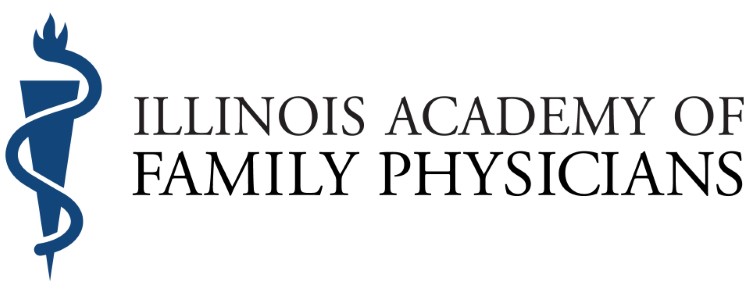Guidelines for medical students and medical graduates at FM Midwest
Tips for the Residency Fair
Do Your Homework! Please research the programs exhibiting this year. Many residencies list their program requirements for applicants on their websites, such as medical school graduation year, types of visas accepted, or number of allowed attempts on the USMLE or if they accept students from non-US medical schools. Research residency requirements before approaching them at Family Medicine Midwest. Once you are registered for the conference, you can find all of them listed, along with their websites on the Family Medicine Midwest meeting app under the “Exhibitors” tab.
You may bring business cards with a professional photo, but they are not necessary. Do not bring CVs as they will not be accepted.
When speaking with the booth attendees, prepare and present your 1-minute elevator pitch
Things to ask – pay attention to who is at the booth, what is their role, and ask appropriate questions
What is the program culture? Does this program have a way to support your passion? What is unique about this program?
What should you say to program representatives?
Essentially your Tweet of who you are! Where are you from? School and hometown. What is your passion within medicine? Why do you want family medicine? What are you looking for in a program? Why would they want you?
Considerations for International Students and Graduates
All residency programs at FMM participate in the NRMP Match. The Match provides a uniform process in that all the steps of the process are completed in the same fashion and at the same time by all applicants and participating institutions. Almost all first-year positions in ACGME-accredited training programs participate in The Match.
For International Medical Graduates (IMG) The definition of an international medical graduate is a physician who received a basic medical degree from a medical school located outside the United States and Canada that is not accredited by a U.S. accrediting body, the Liaison Committee on Medical Education, or the American Osteopathic Association. The location/accreditation of the medical school, not the citizenship of the physician, determines whether the graduate is an IMG.
Use the Directory of State Medical and Osteopathic Boards (www.fsmb.org) to access state-specific information for any state in which you are applying to a residency. You may want to know if you can get a license in a specific state during residency. Some states have a list of recognized international medical schools that are eligible for licensure in the state. In addition, some states have restrictions on the number of USMLE attempts allowed or the time frame in which USMLE tests must be taken.
Consult the World Directory of Medical Schools(www.wdoms.org) to confirm that students and graduates from your medical school are eligible. If your school is not eligible, the programs at Family Medicine Midwest cannot accept you. If that is the case, consider not attending the residency fair as you will not be considered.
If you are less than two years post-graduation, apply for AAFP Transitional Membership.
|



